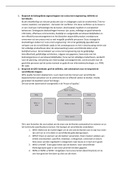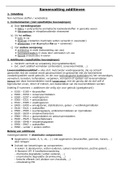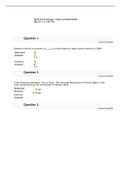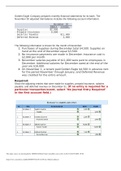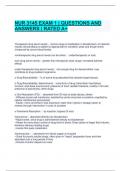Samenvatting
Summary CRIMPROC: all notes and cases semester 1
- Vak
- Instelling
-PLEASE NOTE: if you bought the previous topic 1-8 summary, please pm me for a discounted price for topic 9-10. I am unable to amend the previous document due to Stuvia changing their T&Cs. These include: - Notes from lectures, the textbook and handbook on topics 1-10 - All prescribed ...
[Meer zien]







